The Pros and Cons of Buying a Fixer-Upper Home
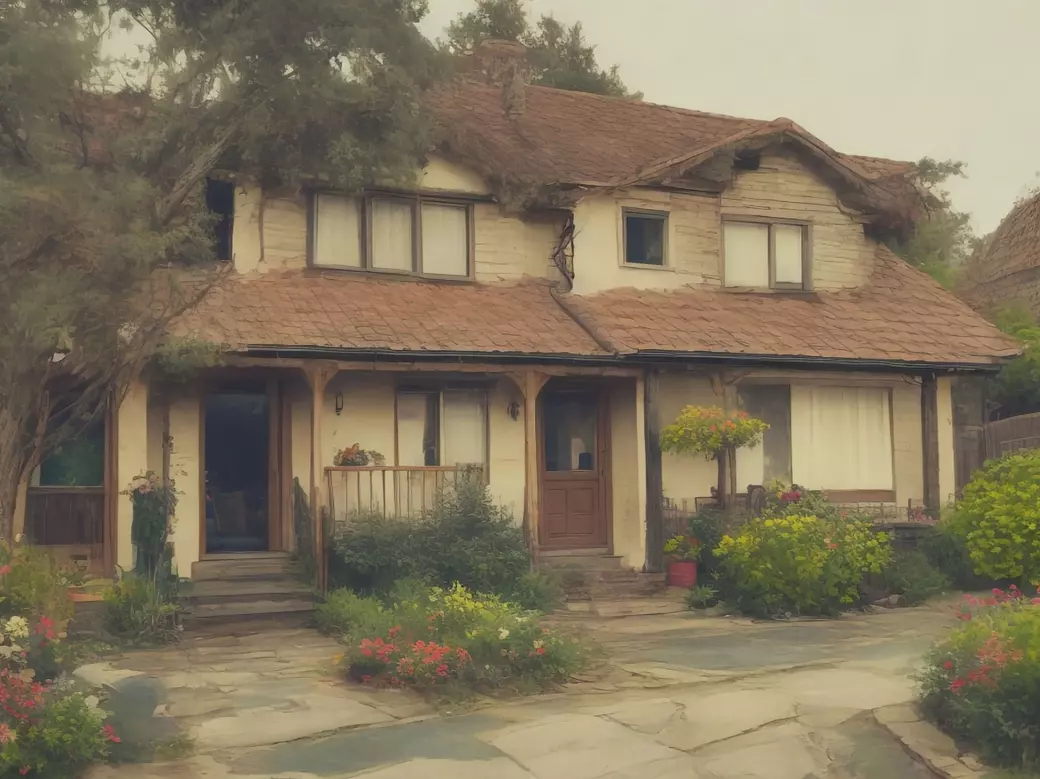
Purchasing a fixer-upper home can be an enticing opportunity for many buyers, especially those looking to invest in real estate or those seeking a unique lifestyle. However, it's important to carefully weigh the pros and cons before making the decision to buy a property that requires significant renovation. In this blog post, we will explore the advantages and disadvantages of buying a fixer-upper home, focusing primarily on the pros.
Pros:
1. Lower Purchase Price: One of the most significant advantages of buying a fixer-upper home is the potential for a lower purchase price compared to move-in ready properties in the same area. Typically, fixer-uppers are priced below market value to reflect the necessary repairs and renovations. This can offer buyers an opportunity to get more house for their money or to enter a desirable neighborhood at a more affordable price.
2. Personalization: When purchasing a fixer-upper, you have the unique chance to personalize the home according to your tastes and preferences. Unlike move-in ready homes, where the design and layout are already established, a fixer-upper allows you to shape the space to fit your needs. From selecting the finishes to reconfiguring the layout, the possibilities for customization are virtually endless.
3. Potential for Equity Growth: Another significant advantage of purchasing a fixer-upper is the potential for equity growth. With strategic renovations and improvements, you have the opportunity to increase the value of the property significantly. As the market appreciates and your improvements enhance the appeal of the home, you can build equity much faster than if you were to purchase a move-in ready property.
4. Investment Opportunities: Buying a fixer-upper home can be an excellent investment opportunity. With the right renovations and improvements, you can transform the property into a highly desirable asset. Whether you decide to sell it for a profit or rent it out for passive income, a well-executed fixer-upper project can yield substantial returns on your investment.
5. Learning Experience: For those interested in learning more about home construction, renovation, and design, purchasing a fixer-upper can serve as an invaluable learning experience. Working on the property firsthand allows you to gain knowledge and skills that can be applied to future projects. Whether you choose to make renovation a hobby or a career, the hands-on experience gained from a fixer-upper endeavor can be incredibly rewarding.
While there are undoubtedly numerous advantages to purchasing a fixer-upper, it's essential to consider the cons as well:
Cons:
1. Time and Effort: Renovating a fixer-upper home requires a significant investment of time and effort. From planning and budgeting to executing the renovations, the process can be demanding and time-consuming. If you have limited availability or lack the necessary skills, the project may become overwhelming.
2. Unexpected Costs: When tackling a fixer-upper, it's crucial to anticipate unexpected costs. While you may have a budget in mind, unforeseen issues can arise during the renovation process, leading to additional expenses. It's essential to have a contingency fund to cover any surprises that may arise.
3. Disruption to Lifestyle: If you're planning to live in the property while renovating, be prepared for the disruption it will cause to your lifestyle. Dust, noise, and limited livable space can make the renovation period challenging and may require temporary accommodation arrangements.
4. Potential for Overcapitalization: Overcapitalization is a risk associated with fixer-uppers, as it's easy to get carried away with renovations and upgrades. If you invest more money into the property than the market can support, you may struggle to recoup your investment when it comes time to sell.
In conclusion, purchasing a fixer-upper home can offer many advantages, including a lower purchase price, personalization opportunities, potential for equity growth, investment potential, and a valuable learning experience. However, it's important to consider the cons as well, such as the time and effort required, unexpected costs, disruption to lifestyle, and the risk of overcapitalization. By carefully weighing these pros and cons, you can make an informed decision about whether a fixer-upper is the right choice for you.
Categories
- All Blogs (1000)
- Airbnb Realtor (13)
- Barndominium (6)
- Buying a home (57)
- California Buyers (17)
- Commercial Broker (2)
- Commercial Property (33)
- DR Horton Homes (5)
- East Tennessee (59)
- Experienced Realtor (40)
- Experienced Tennessee Realtor (67)
- For-Sale By Owner (24)
- FSBO (17)
- Gatlinburg (30)
- Gatlinburg Cabins for Sale (2)
- Gatlinburg Rental Homes for Sale (6)
- How to pick a realtor (14)
- Industrial Property (9)
- Invesment Real Estate Gatlinburg (4)
- Investment Property Realtor (27)
- Knoxville (66)
- Knoxville Jobs (1)
- Knoxville Zillow Reviews (1)
- Listing your home (30)
- Mobile Homes (7)
- Modular Homes (9)
- Morristown (28)
- Mortgage (3)
- New build homes (24)
- Price of Homes in Knoxville (10)
- Realtor Blog Feed (3)
- Reccomended Tennessee Realtor (48)
- Refinancing (2)
- Rental Property (7)
- Retail Building sites (4)
- Retail Land for Sale (3)
- Selling a home (19)
- Short-Term Rentals (2)
- Smithbuilt Homes (2)
- Strawberry Plains (1)
- Tennessee (39)
- Tennessee Lenders (3)
- tract homes (1)
- Vacant Commercial Land (4)
- Warehouse for Sale (1)
- Zillow Agent (1)
Recent Posts
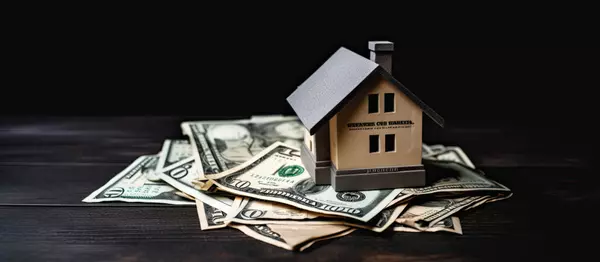
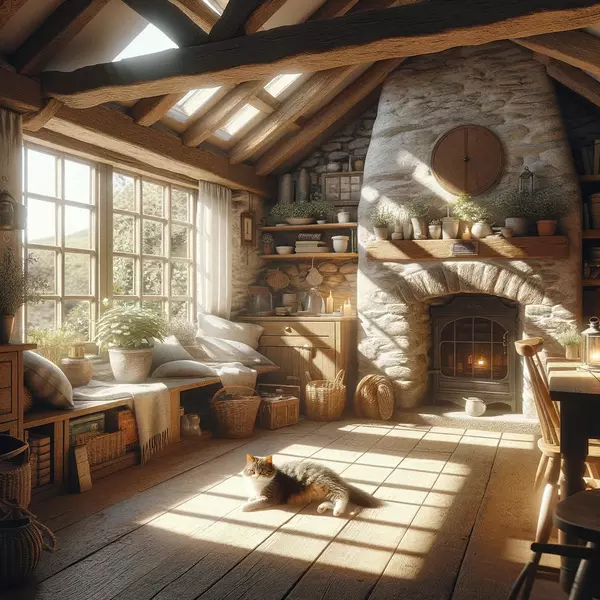
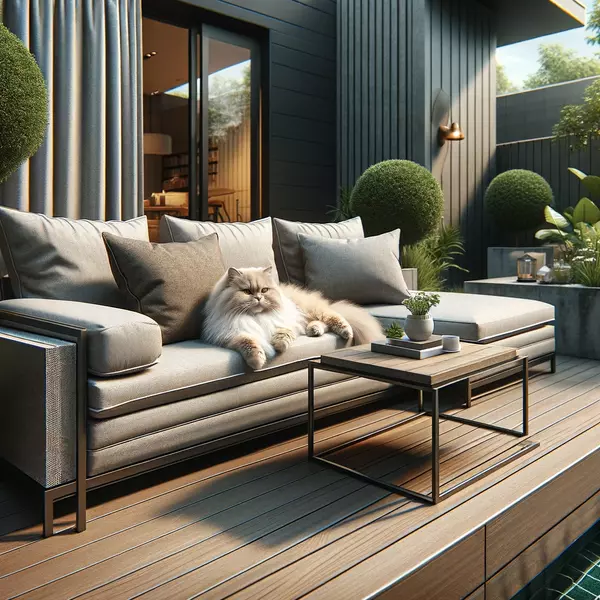

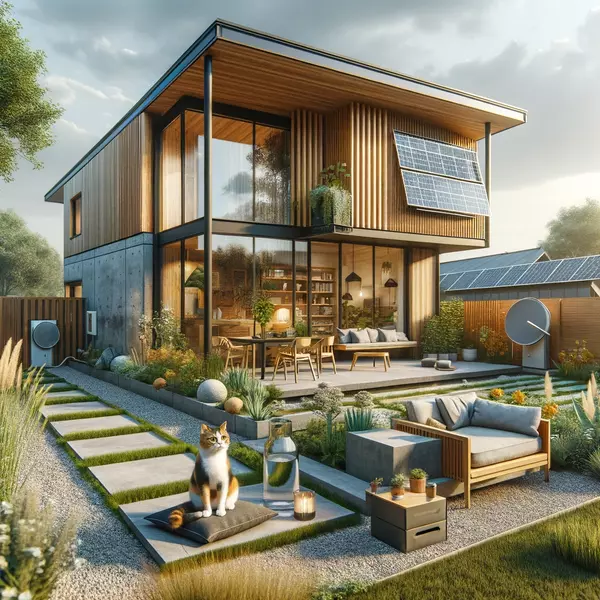




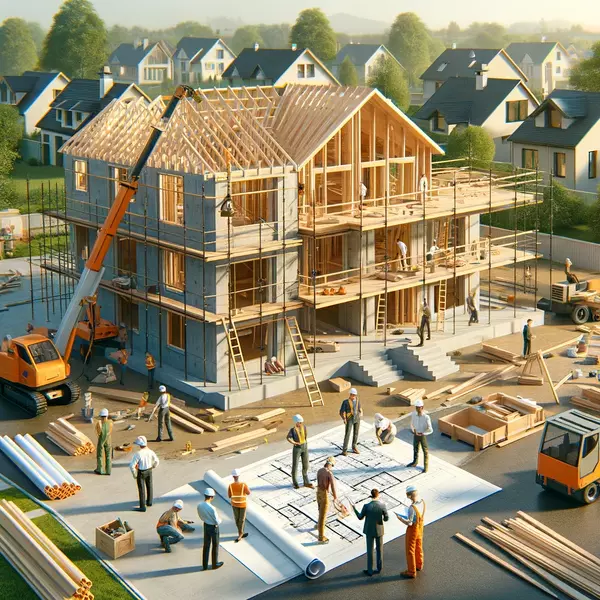
GET MORE INFORMATION

Agent | License ID: 354366
308 N PETERS RD. STE 225, KNOXVILLE, TN, 37922, United States
